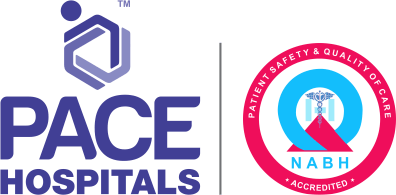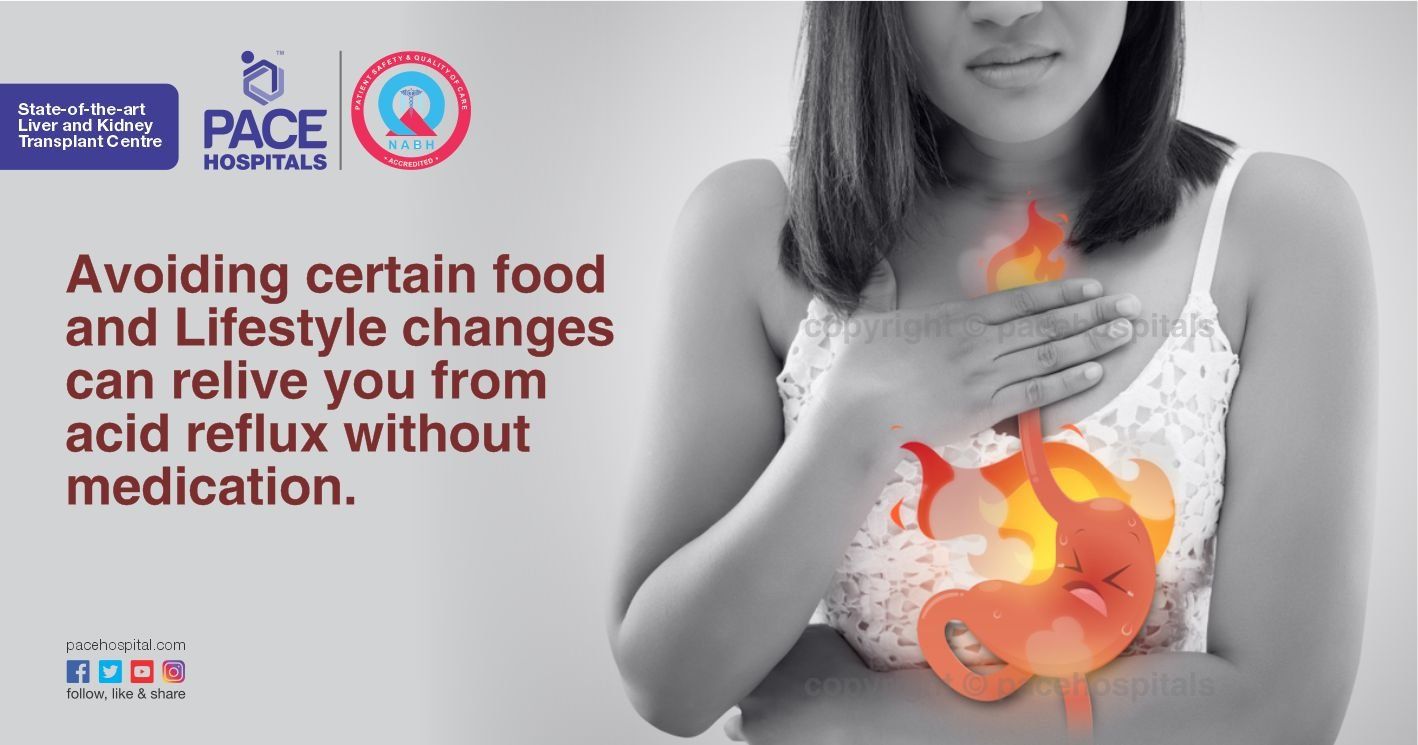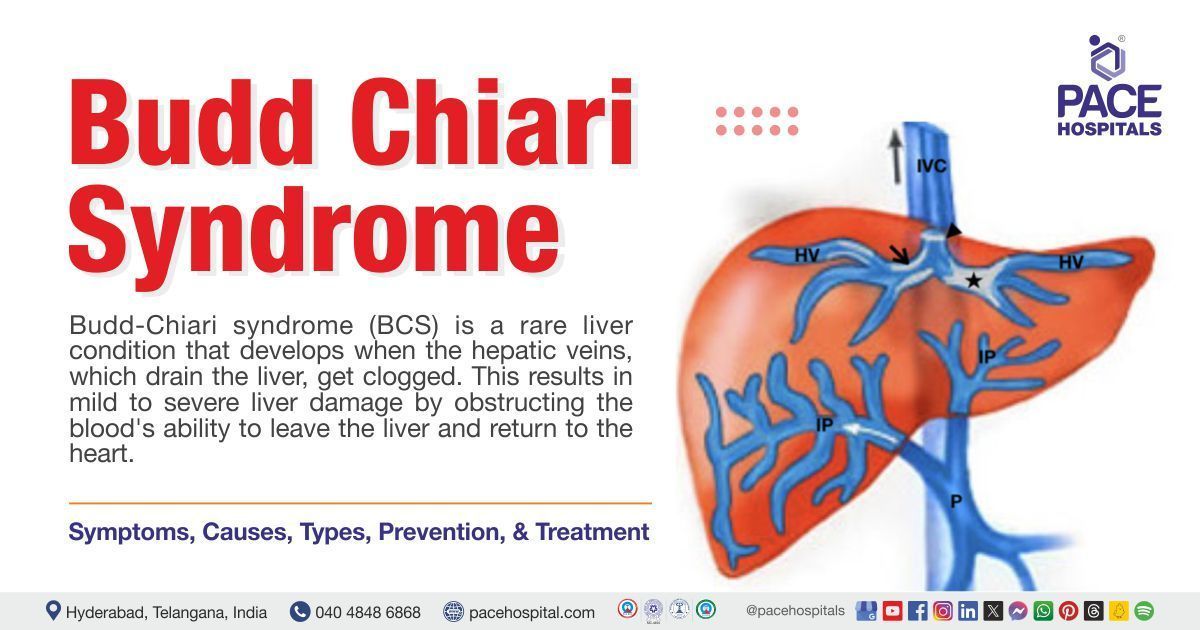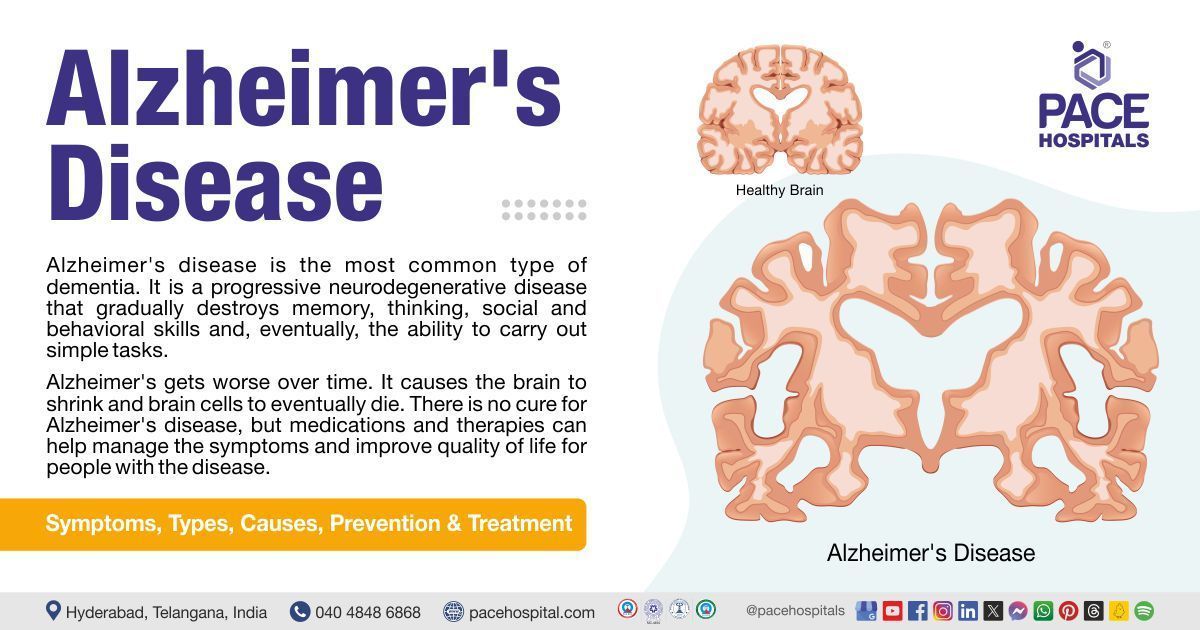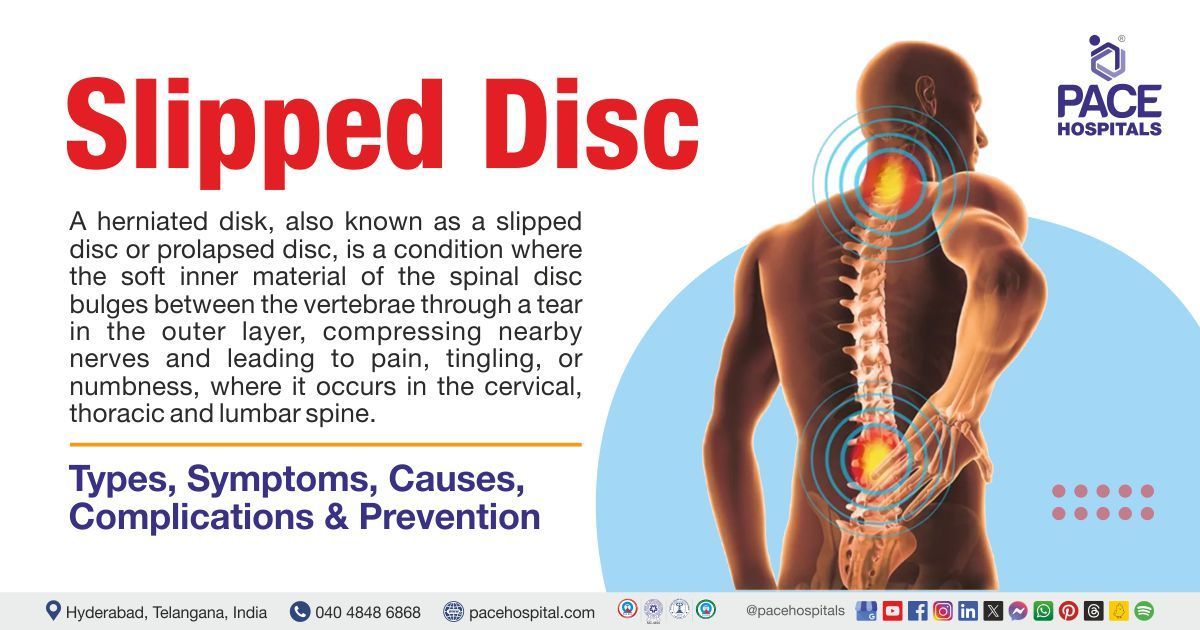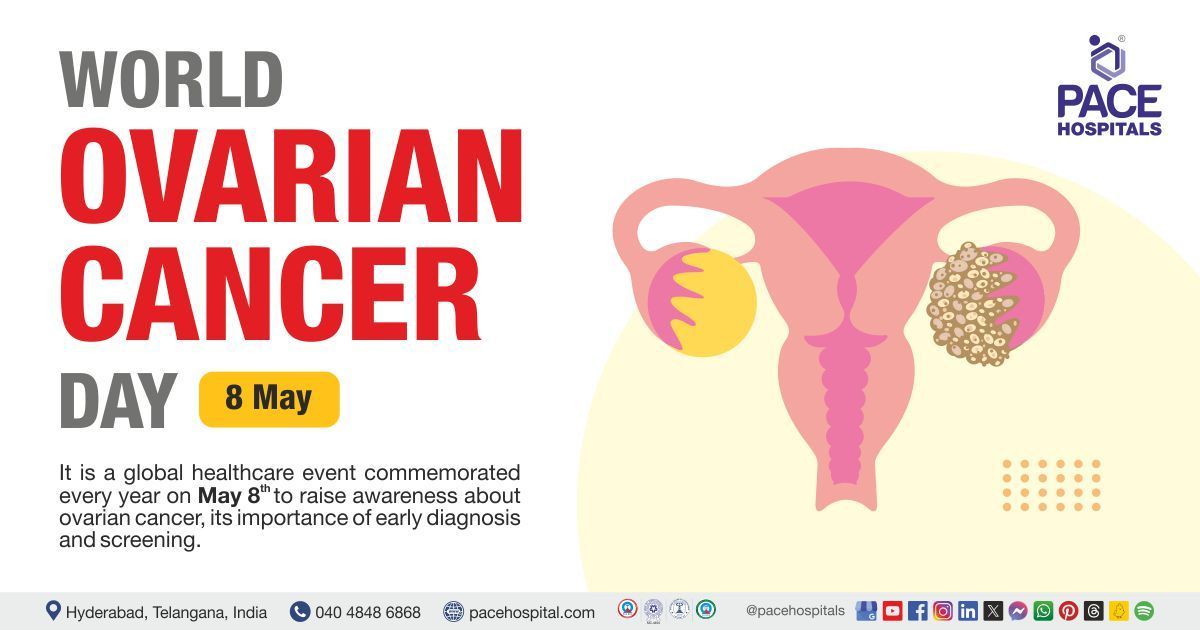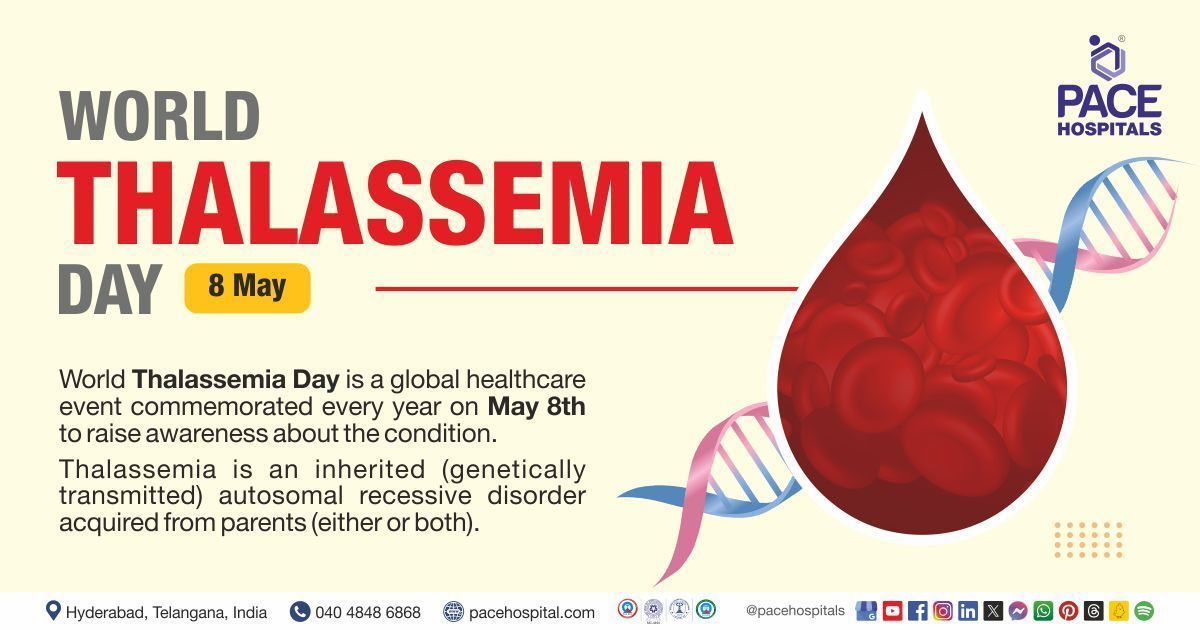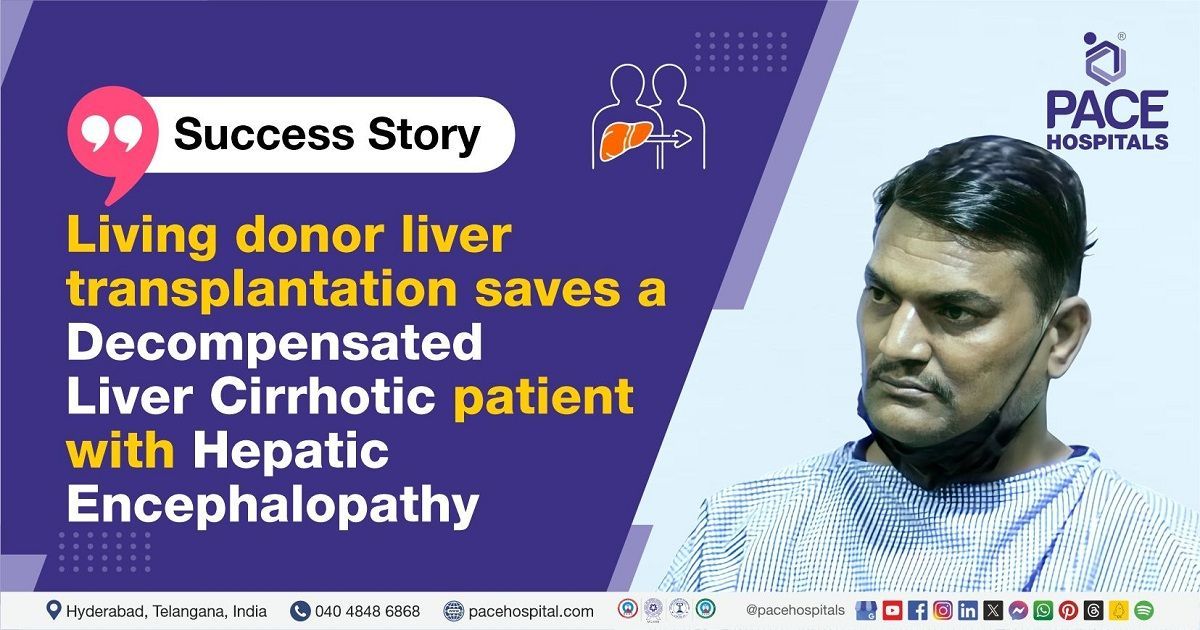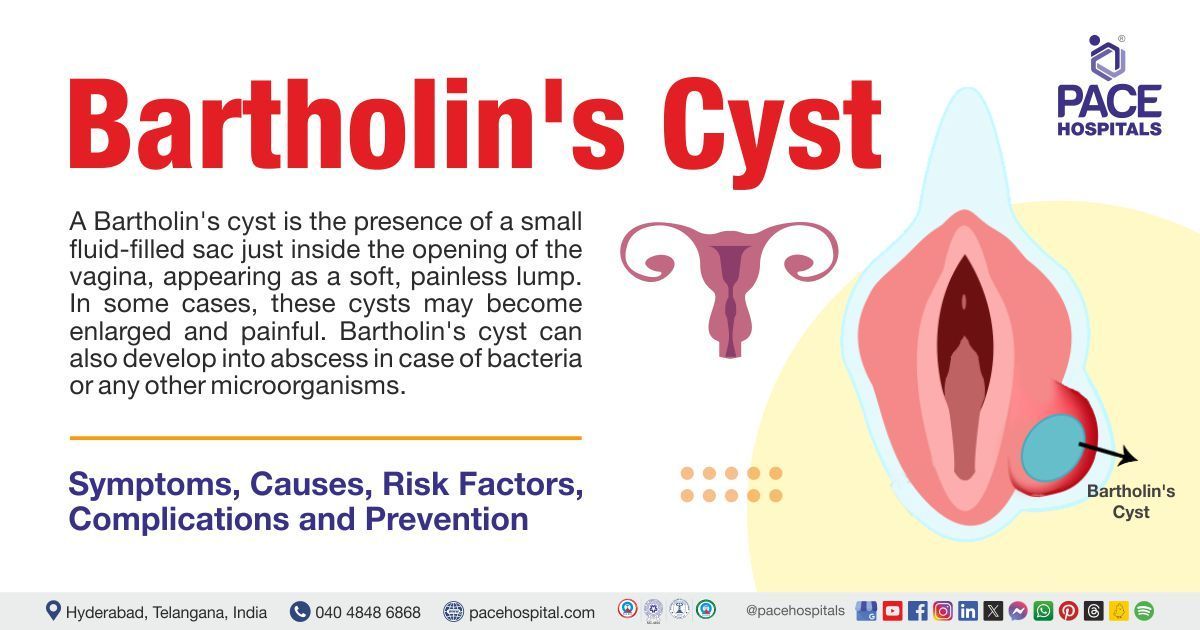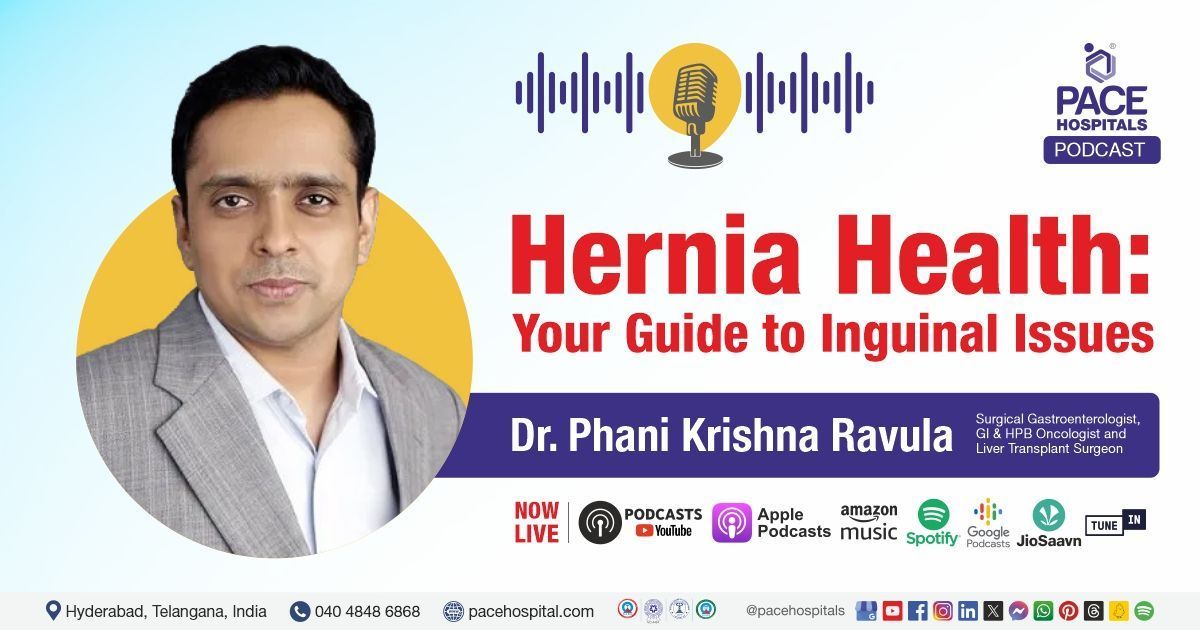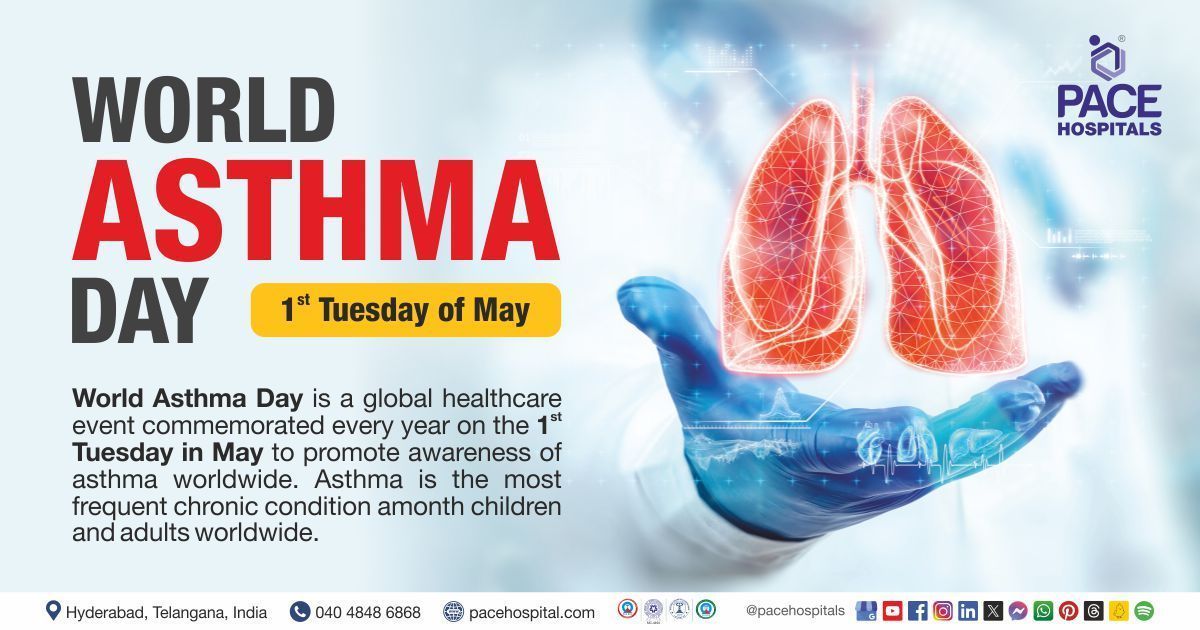8 foods to avoid with Acid Reflux and follow healthy lifestyle
Acid reflux is a condition that can be identified as burning in the chest, bloating in the stomach and bitter taste in the throat. It happens when stomach acid flows back up into the food pipe, it has also known as heartburn, acid indigestion. If acid reflux also called as heartburn occurs more than twice a week it can be diagnosed as Gastroesophageal reflux disease (GERD).
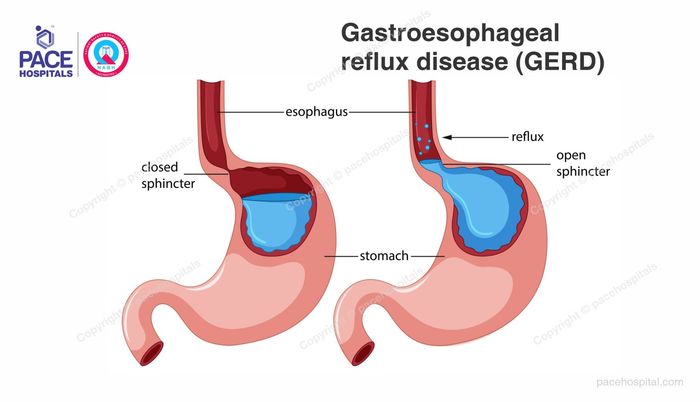
Causes and Risk Factors of Acid Reflux
Acid reflux happens when your LES doesn’t tighten or close properly. This allows digestive juices and other contents from your stomach to rise up into your esophagus.
These conditions that can increase risk of GERD:
- Bulging of the top of the stomach up into the diaphragm (hiatal hernia)
- Overweight or Obese because of increased pressure on the abdomen
- Delayed stomach emptying
- Pregnancy
- Connective tissue disorders (Scleroderma)
These factors can aggravate acid reflux:
- Smoking
- Having large meals or eating late at night
- Consuming triggered food (fatty or fried foods)
- Going to sleep shortly after having meal
- Drinking alcohol or coffee or soda
- Taking medications without consulting doctor
Diet changes can significantly affect acid reflux and allow you to avoid other treatments. Treating the underlying cause of chest pain when eating or drinking is the best way to reduce these symptoms.
Foods to avoid:
In general fatty, acidic or highly caffeinated foods should be avoided. Foods that may relax the lower esophageal sphincter should be avoided.
Foods that you should avoid for acid reflux; list includes:
- Caffeinated beverages
- Caffeine is a natural stimulant most commonly found in coffee, tea, soft drinks and energy drinks. It works by stimulating the brain and central nervous system, helping you stay alert and prevent the onset of tiredness. Caffeinated beverages aggravate acid reflux, simultaneously caffeine can have negative side effects in some people, including anxiety, restlessness, and trouble sleeping.
- Carbonated beverages - Carbonated beverages are drinks that contain dissolved CO2. The main ingredients used in carbonated drinks are water, carbon dioxide, sweeteners, flavoring, colors, and acids. Carbonated beverages include spring water, beer and soda, or pop.
- Citrus fruits - citrus fruits (oranges, lemons, tangerines, limes, and grapefruit) are more likely to trigger acid reflux symptoms. The acid present in citrus fruits will trigger reflux symptoms because they relax the esophagus sphincter and worsens symptoms. Citrus fruits also contain more acid than other fruits, which will add to most people's symptoms.
- Alcohol - Alcohol consumption may increase acid reflux and cause damage to the esophageal mucosa. In many cases, symptoms of it can be controlled after completely avoiding alcoholic beverages. So people with acid reflux are frequently recommended avoiding alcohol or to consume a moderate amount of alcohol.
- Chocolate - Ingesting cocoa can cause a surge of serotonin and can cause your esophageal sphincter to relax due to that gastric contents to rise. Chocolate contains caffeine and theobromine, which can increase symptoms.
- Fried and Fatty foods - Fried, greasy, and fatty foods can cause heartburn and lead to acid reflux because they prevent the lower esophageal sphincter from fully tightening; this creates an opening for stomach acids to flow upward. Greasy, heavier foods are harder to digest; so the stomach empties more slowly, which can trigger heartburn.
- Tomatoes - Tomatoes contain two types of acids - citric acid and malic acid, that trigger heartburn. When you consume tomato-based products, your stomach produces gastric acid to break down foods that are sitting in your stomach.
- Peppermint - It also relaxes the sphincter between the esophagus and stomach (the lower esophageal sphincter), so it can cause gastroesophageal reflux and heartburn. It can worsen reflux symptoms in people with hiatal hernia and — not surprisingly — those with gastroesophageal reflux disease (GERD).
These healthy lifestyle can relive from acid reflux without medication
If you've been having repeated episodes of acid reflux or heartburn, you should follow these steps:
- Eating small meals more frequently rather than three large meals daily.
- Avoid the acid triggered foods as mentioned above.
- Avoid vigorous exercise for a couple of hours after eating.
- Finish eating 2 to 3 hours before you go to bed.
- While sleeping head should be 6 to 8 inches higher than your feet.
- Maintaining healthy weight and lose weight if advised.
- Avoid smoking, nicotine may relax the lower esophageal sphincter.
- Certain medications can trigger acid reflux, check those and consult doctor if having reflux
If these steps aren't effective, if you have severe pain or difficulty swallowing, consult gastroenterologist to rule out other causes. You may also need medication to control reflux even as you pursue lifestyle changes.
Request an appointment
Fill in the appointment form or call us instantly to book a confirmed appointment with our super specialist at 04048486868
Appointment request - health articles
Thank you for contacting us. We will get back to you as soon as possible. Kindly save these contact details in your contacts to receive calls and messages:-
Appointment Desk: 04048486868
Whatsapp: 8977889778
Regards,
Pace Hospitals
Hitech City and Madinaguda
Hyderabad, Telangana, India.
Oops, there was an error sending your message. Please try again later. We will get back to you as soon as possible. Kindly save these contact details in your contacts to receive calls and messages:-
Appointment Desk: 04048486868
Whatsapp: 8977889778
Regards,
Pace Hospitals
Hitech City and Madinaguda
Hyderabad, Telangana, India.
Our Locations
Subscribe to our newsletter and stay updated with the latest health information.
By clicking on subscribe now, you accept to receive communications from PACE Hospitals on email, SMS and Whatsapp.
Subscribe to PACE Hospitals News
Thank you for subscribing. Stay updated with the latest health information.
Oops, there was an error. Please try again submitting your details.
-

Payment in advance for treatment (Pay in Indian Rupees)
For Bank Transfer:-
Bank Name: HDFC
Company Name: Pace Hospitals
A/c No.50200028705218
IFSC Code: HDFC0000545
Bank Name: STATE BANK OF INDIA
Company Name: Pace Hospitals
A/c No.62206858997
IFSC Code: SBIN0020299
Scan QR Code by Any Payment App (GPay, Paytm, Phonepe, BHIM, Bank Apps, Amazon, Airtel, Truecaller, Idea, Whatsapp etc)
Call us at 04048486868
ADDRESS
PACE Hospitals
Hitech City : Beside Avasa Hotel, Pillar No. 18, Hyderabad - 500081
Madinaguda: Mythri Nagar, Beside South India Shopping, Madinaguda, Hyderabad - 500050
QUICK LINKS
Disclaimer
General information on healthcare issues is made available by PACE Hospitals through this website (www.pacehospital.com), as well as its other websites and branded social media pages. The text, videos, illustrations, photographs, quoted information, and other materials found on these websites (here by collectively referred to as "Content") are offered for informational purposes only and is neither exhaustive nor complete. Prior to forming a decision in regard to your health, consult your doctor or any another healthcare professional. PACE Hospitals does not have an obligation to update or modify the "Content" or to explain or resolve any inconsistencies therein.
The "Content" from the website of PACE Hospitals or from its branded social media pages might include any adult explicit "Content" which is deemed exclusively medical or health-related and not otherwise. Publishing material or making references to specific sources, such as to any particular therapies, goods, drugs, practises, doctors, nurses, other healthcare professionals, diagnoses or procedures is done purely for informational purposes and does not reflect any endorsement by PACE Hospitals as such.
